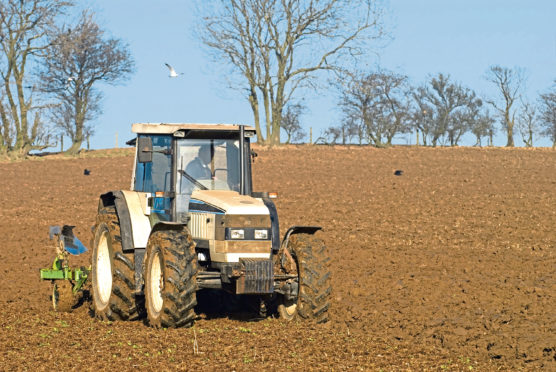The Agriculture Bill, which was reintroduced to parliament yesterday, may be largely applicable to English farmers alone – but it has stirred up a hornet’s nest and accusations of a “power grab” in Scotland.
Despite agriculture being devolved, Rural Economy Secretary Fergus Ewing, the farmers’ union (NFUS) and Scottish Lands and Estates (SLE) have all raised fears that the terms of the Bill mean it could impose unwanted rules and conditions on Scottish farming, in areas such as livestock traceability.
Mr Ewing claimed the Bill was a “power grab”, but assured Scottish farmers his Government had no plans to end direct subsidy support, whereas in England the plan is to phase out direct payments in the next seven years and move to paying farmers for “public goods” such as protecting water quality and improving soil quality.
Other worries raised by Mr Ewing and NFUS include a lack of commitment in the Bill to prevent the import of food produced to a lower standard than that permitted in the UK, despite Environment Secretary Theresa Villiers’ pledge last week that the import of hormone-treated beef and chlorine-washed chicken would be banned in future trade deals with the US.
NFUS said: “We remain concerned that in the negotiation of new Free Trade Arrangements with the EU and international partners, there will be little protection offered to domestic producers from cheaper imported produce that has been produced to lower standards.”
One welcome aspect of the Bill is a clause that will allow UK and Scottish ministers to settle the long-running issue of red meat levy repatriation.
SLE chief executive, Sarah-Jane Laing pointed out that English farmers now had more certainty than Scottish producers, and called on the Scottish Government to provide a “long-term vision to secure the future of Scottish farming and land management”.
nnicolson@thecourier.co.uk










